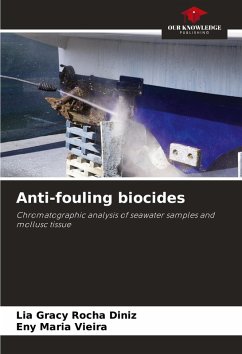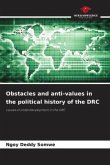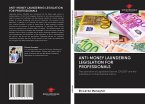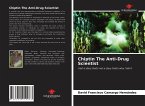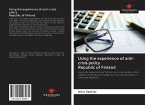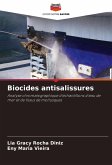The shipbuilding industry is one of the most important for a country's economy and development. However, the various activities carried out in port areas contribute to the environmental impact on coastal environments, and among the various groups of organic micropollutants that are potentially harmful to these ecosystems, anti-fouling biocides have emerged in recent years. Anti-fouling paints are treatments used to minimize corrosive processes, reducing maintenance costs, saving fuel and reducing the spread of non-native species in coastal ecosystems. In this study, an analytical method was developed, validated and applied to determine the anti-fouling biocides chlorothalonil, diuron, irgarol and thiram in water samples and biological tissue from different port regions on the Brazilian coast and the island of Gran Canaria - Spain.
Bitte wählen Sie Ihr Anliegen aus.
Rechnungen
Retourenschein anfordern
Bestellstatus
Storno

